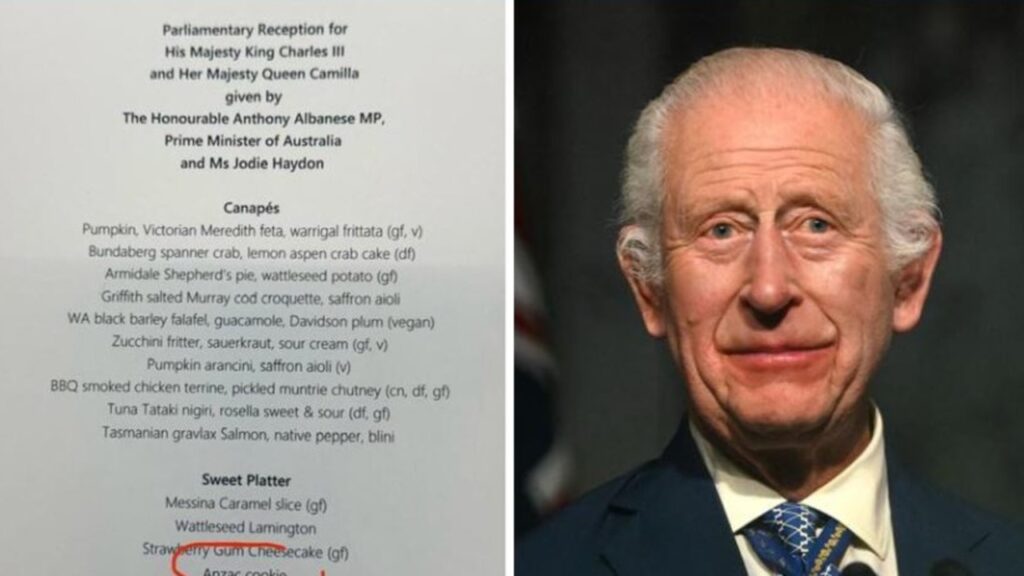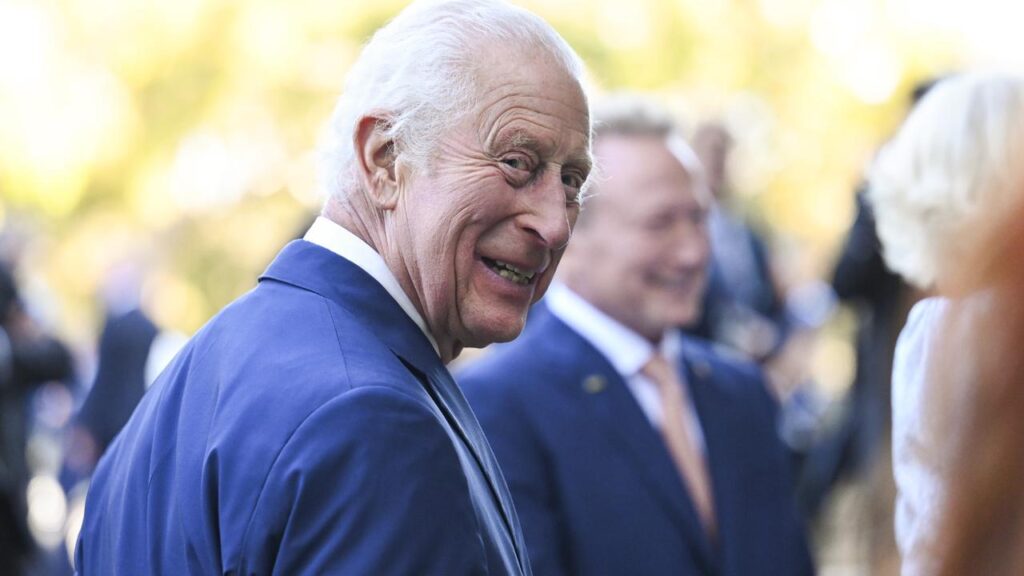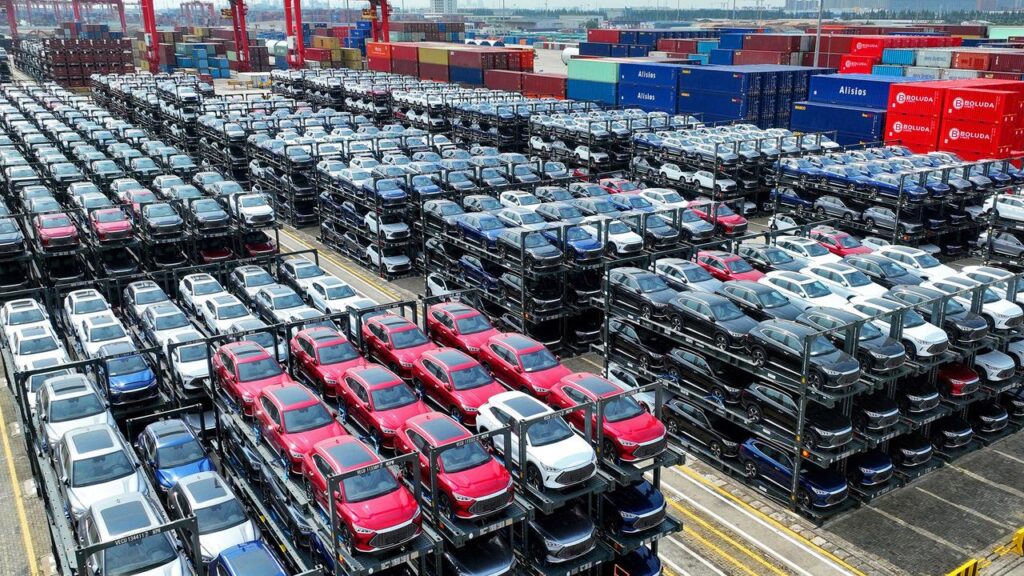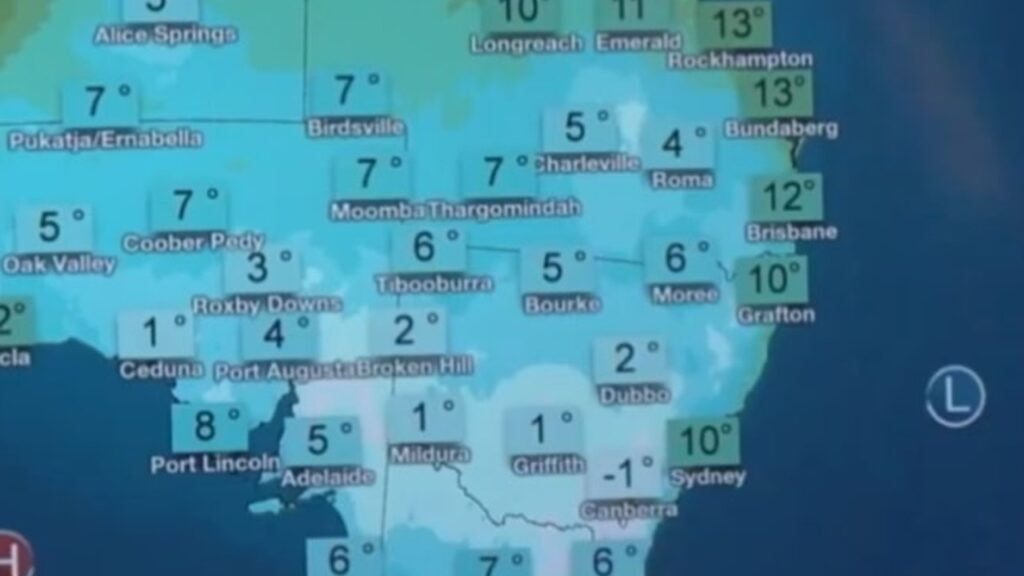Dutton’s ‘$40bn’ budget hole
Written by admin on May 19, 2024
Treasurer Jim Chalmers says the Coalition’s proposal to slash Australia’s migration intake by 25 per cent could cost the economy tens of billions of dollars.
Opposition Leader Peter Dutton used his budget reply speech on Thursday to announce a crackdown on migration and foreign property investment as part of his solution to fix the housing supply crisis.
Under the Coalition’s proposal, the number of permanent visas granted each year would be slashed from 185,000 to 140,000, with a targeted reduction in international student numbers.
Dr Chalmers said the measure would “devastate” the economy and exacerbate already crippling skill shortages affecting the construction and healthcare sectors.
“It will cost the economy billions of dollars, but even the kinds of estimates that you will see are conservative because it’s not possible to fully capture the damage that Peter Dutton would do to the skills base of this country, to our hospital, on our building sites,” Dr Chalmers told the ABC on Sunday.
“He’s got at least a $40bn hole in his budget by our estimation but it will also cost the economy billions of dollars and that’s before you factor in the damage he’s doing to the skills base that we need to build the future.”
Dr Chalmers added that the Coalition’s plans to ban foreign home buyers from purchasing existing properties for two years would have little impact in providing immediate housing relief.
He said recent data showed of the fewer than 5000 homes purchased by foreigners, around 1300 of them were classified as established homes.
“This will make nowhere near the difference that he is claiming that it will,” he said.
Earlier the leader of the Nationals, David Littleproud, suggested regional universities that rely on high numbers of overseas students would be granted a reduced cap on foreign students under the opposition’s migration plan.
He said if re-elected the Coalition would revive a dedicated visa towards agriculture to redirect more skilled migrants from metropolitan cities to rural towns.
More Coverage
Asked how it would be possible to increase numbers of migrants moving into the regions under a drastically reduced migration target, Mr Littleproud said it would be possible if “tough” decisions were made in other areas of the economy.
“What you do is you make a priority of where the necessity is in the economy and where those pressure points are,” he told Sky News.
“It is about making the tough decisions that prioritise where the economy needs the support to continue to grow, and particularly in the regions that where we want to be very clear, that we don’t want to see the regions suffer because of exacerbated problems in capital cities.”
Read related topics:Peter Dutton






